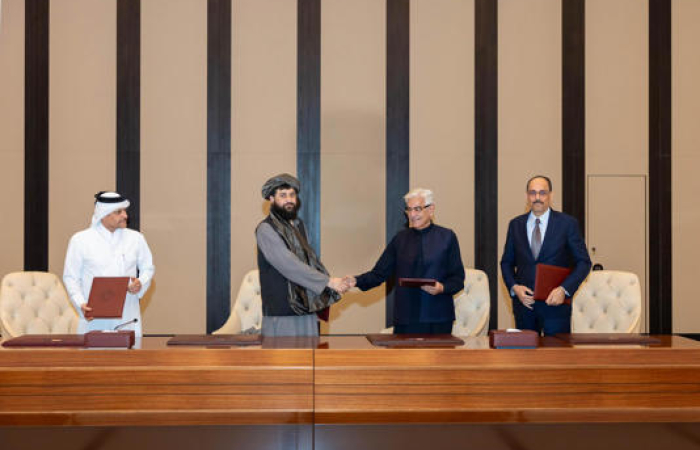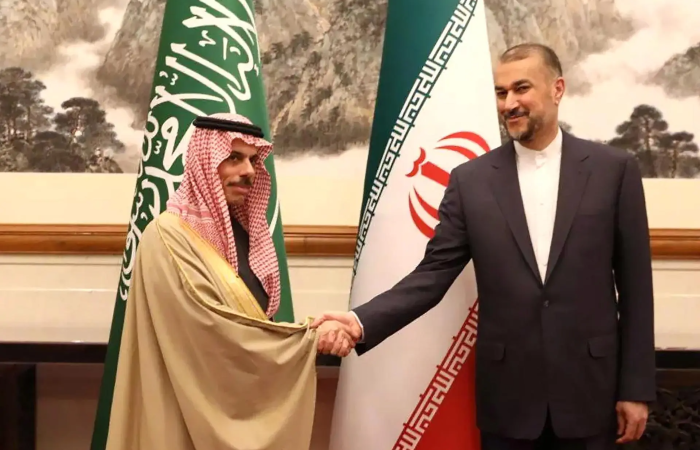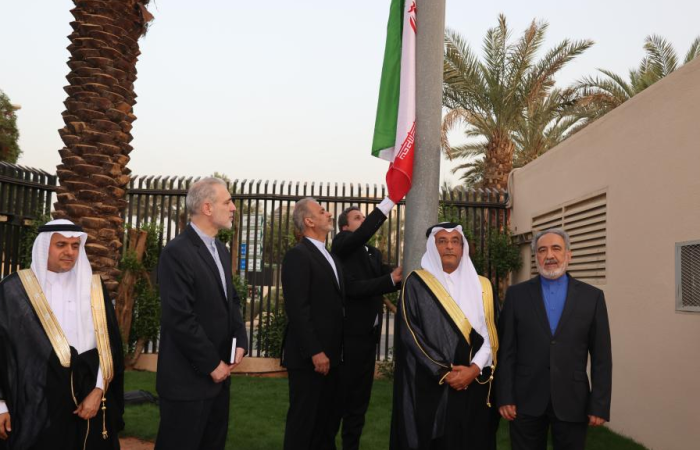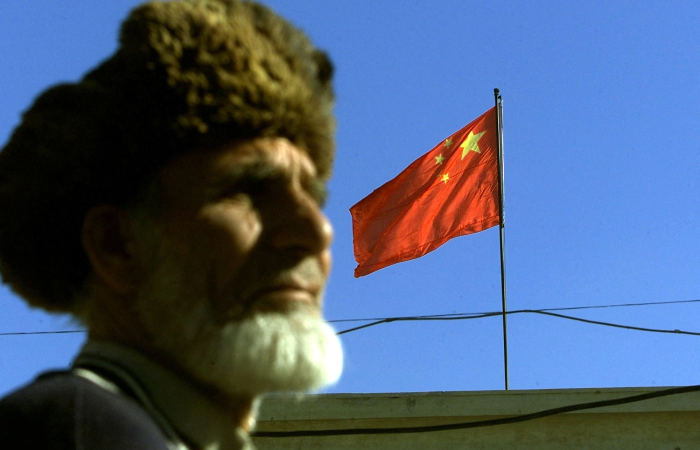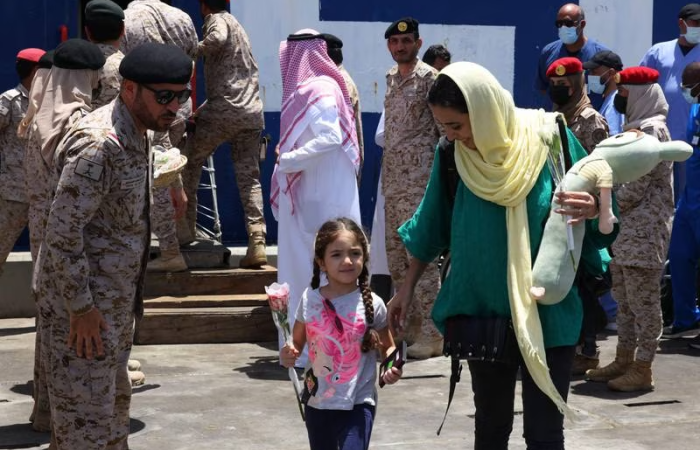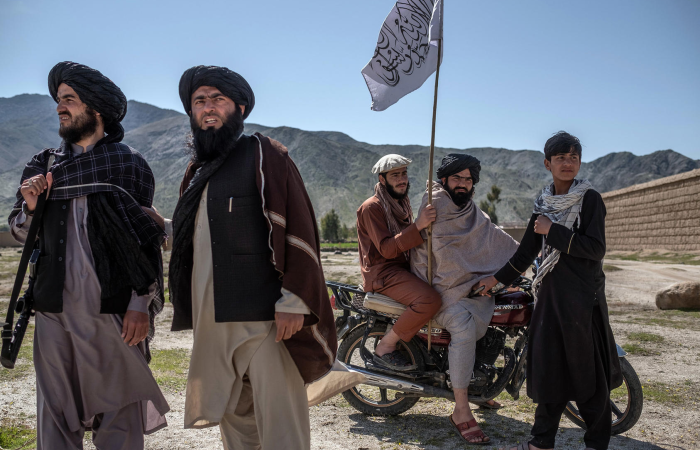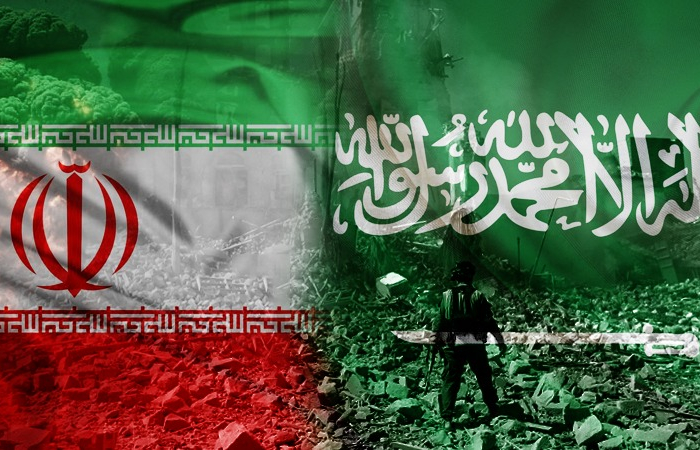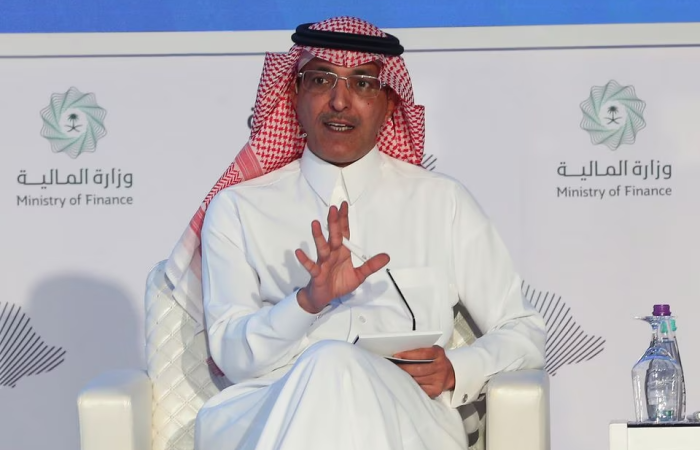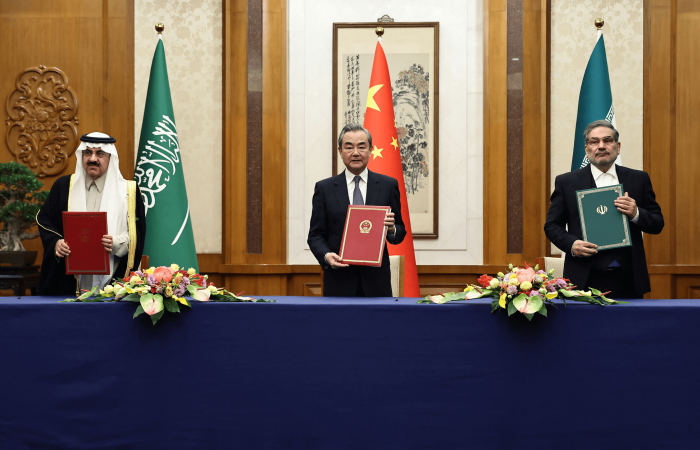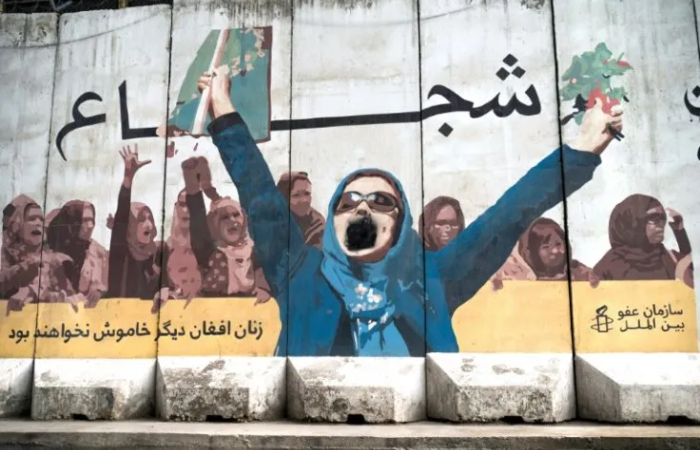Editor's choice
This is a members’ functionality. Please
Sign upCommentary
Trending
Saudi-Iran agreement: Welcome to the age of pragmatism
14 March 2023
On Friday (10 March), it was announced in Beijing that with the mediation of China, Iran and Saudi Arabia had agreed to end decades of hostility, re-establish diplomatic relations that had been broken in 2016, re-open embassies in their respective capitals within two months, and work towards resolving all disputes between them through dialogue. The diplomatic world appeared taken by surprise, both by the Iranian-Saudi reconciliation, as well as by China’s involvement. The sight of a Sunni Kingdom, a Shia revolutionary republic, and a Communist state cosying together was somewhat unsettling for some. Many rushed to welcome the deal, others, especially among the chattering classes in Washington, rushed to criticise it. Diplomatic contacts have been ongoing between Tehran and Riyadh for some time, held mainly in Baghdad and Muscat with Iraqi and Omani facilitation. After the UAE normalised relations with Iran some months ago, it was assumed that sooner or later Saudi Arabia will follow. But the timing and context of the deal announced in Beijing last week remains a very significant development, with wide-ranging consequences. It also appears to herald a new age of pragmatism in international relations, with considerable implications.
commonspace.eu editorial team




